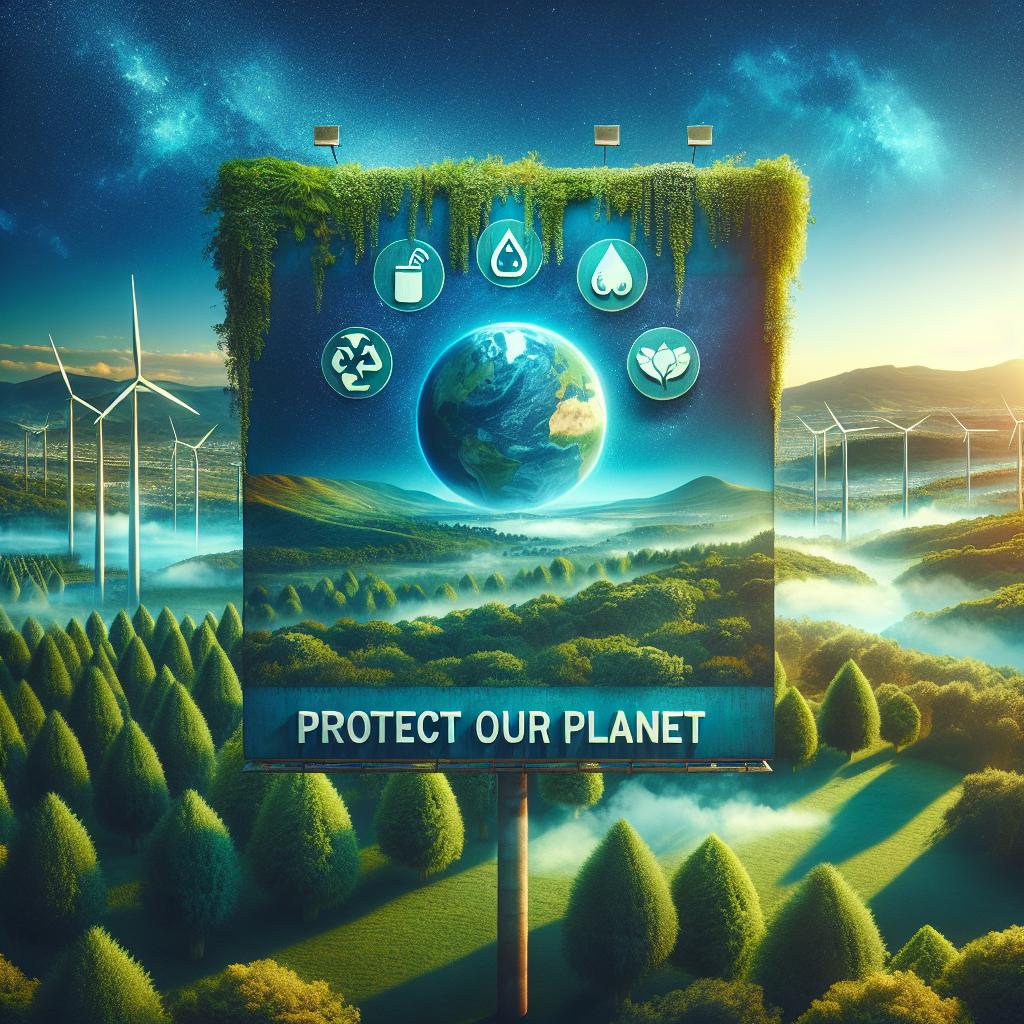Breathing New Life into Our Planet

As the world becomes increasingly aware of the pressing environmental issues we face, it's no secret that the interconnected themes of water conservation, air quality, zero waste, eco-friendliness, wind energy, and waste management are essential components of a sustainable future. These topics may seem disparate at first, but upon closer examination, it becomes clear that they are all deeply intertwined.
Let's start with water conservation. Access to clean water is a fundamental human right, yet millions of people around the world still lack access to this essential resource. Moreover, the way we use and waste water contributes significantly to environmental degradation. For instance, water-intensive industries, such as agriculture and energy production, are major contributors to water scarcity and pollution.
One solution to this problem is to adopt eco-friendly practices, such as rainwater harvesting, which can help reduce the demand for freshwater. By collecting rainwater and storing it for later use, we can not only conserve water but also decrease the strain on our municipal water systems. Additionally, using water-efficient appliances and implementing irrigation systems that recycle wastewater can help reduce overall water consumption.
Another way to minimize our water usage is through zero waste practices. Zero waste is a philosophy that encourages reducing, reusing, and recycling resources to minimize waste generation. By adopting a zero waste lifestyle, we can not only conserve water but also reduce the amount of waste that ends up in landfills.
Landfills are a significant contributor to poor air quality, which brings us to our next topic. Air pollution is a worldwide problem, and according to the World Health Organization, it's responsible for an estimated 7 million premature deaths annually. Many of the sources of air pollution, such as industrial processes and transportation, also contribute to water pollution and waste generation.
This is where wind energy comes in. Wind energy is a renewable and clean source of power that can help reduce our dependence on fossil fuels, which are significant contributors to both water and air pollution. Wind turbines require no water to operate and produce no greenhouse gas emissions during operation, making them a win-win solution for the environment.
Now, let's tie it all together. By conserving water through eco-friendly practices, we can reduce the amount of water used in water-intensive industries, thereby decreasing the amount of water pollution. Zero waste practices can help reduce the amount of waste that ends up in landfills, which in turn can help improve air quality. Wind energy provides a clean and renewable alternative to fossil fuels, reducing both water and air pollution.
Moreover, all of these solutions contribute to a circular economy, where waste is minimized, and resources are reused and recycled. This not only helps reduce the environmental impact of production and consumption but also promotes economic sustainability.
In conclusion, the interconnected themes of water conservation, air quality, zero waste, eco-friendliness, wind energy, and waste management are all crucial components of a sustainable future. By adopting a holistic approach to environmental issues, we can not only address each problem individually but also create a world where clean water, fresh air, and a healthy environment are the norm, rather than the exception. It's time to take action and make a difference, one step at a time.




